I find fungi fascinating and so I thought I'd do another post on the fungi I've seen. The majority of these were found on just one visit to Blashford Lakes last week.
Fungi come in all sorts of shapes and sizes. There are plenty which look like your typical mushroom. These are, I think, Mild Milkcaps. It's a hard species to identify for certain as some fungi are as they are visually very similar to other species.
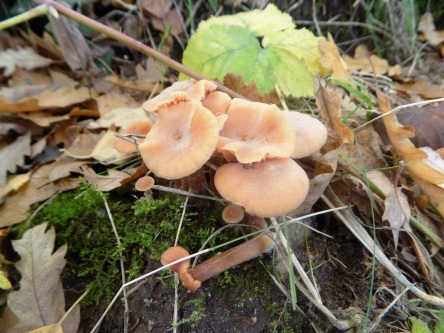
This was a tricky one to identify given the lack of distinguishing features but I suspect it's a Stubby Rosegill. If so then it's one which hasn't yet developed the pink colour that gives it its name.
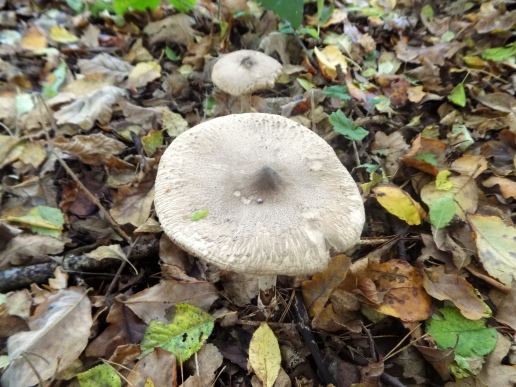
This is another one that's tricky to identify. You can certainly tell it's of the Mycena genus from it's shape but it's very hard to identify individual species. I suspect it's Mycena stipata.
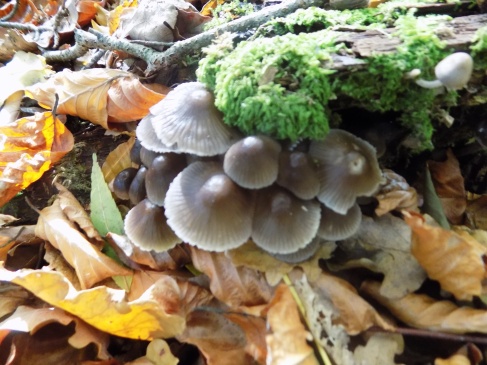
This one is a much easier one to identify, honey fungus. I've seen this in a few places lately and it's seems to take over wherever it grows. When you look closer at these photos you can see just how far extensive it is here.
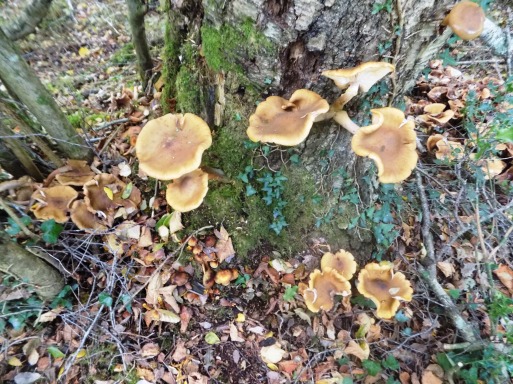
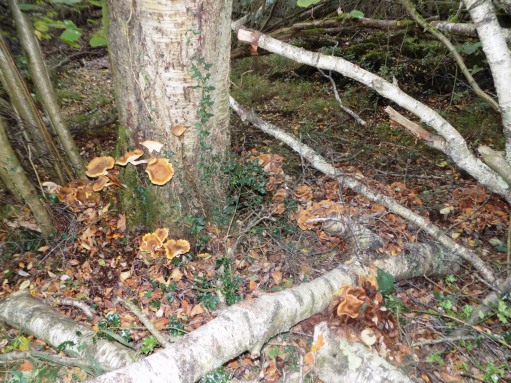
I've shared an example of this species before as it looks fantastic. This is a fairly young Shaggy Inkcap. There's only a hint of the inkiness that gives it its name.
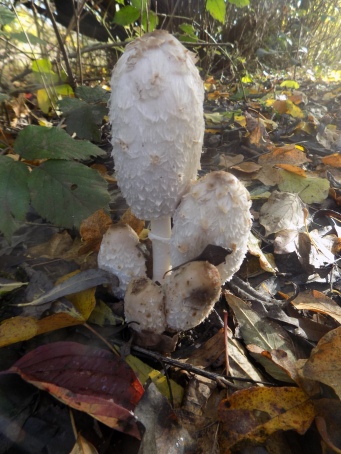
Another favorite of mine is the common puffball. It's simple but beautiful in it's own way. I have found a spot where there seems to always be a few of these.
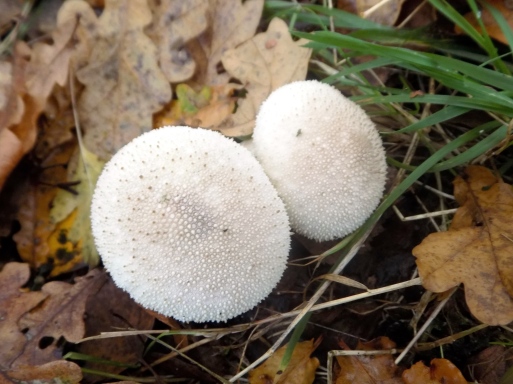
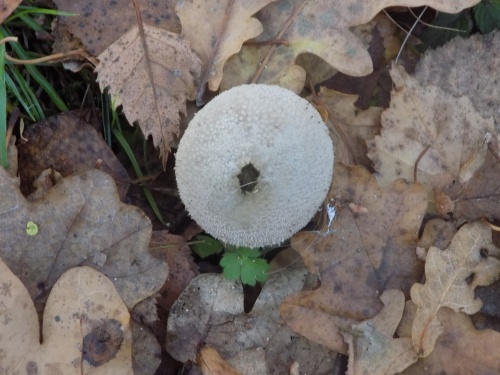
The second example is mature with the hole in the middle having opened up to release spores in a burst.
Bracket fungi grow on trees and look quite different from what you might imagine a fungus looks like. This one is a blushing bracket at a relatively early stage of development- it hasn't yet 'blushed' into a pinky colour.
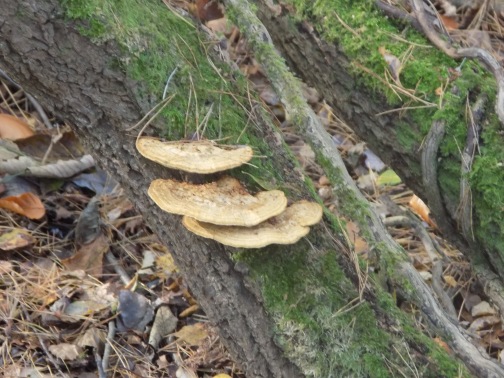
Of course fungi come in all shapes like this Lemon Disco. You probably walk past fungi like this all the time and don't even notice it. They are tiny yellow cups (up to 3mm across) that grow on wood that has lost its bark.
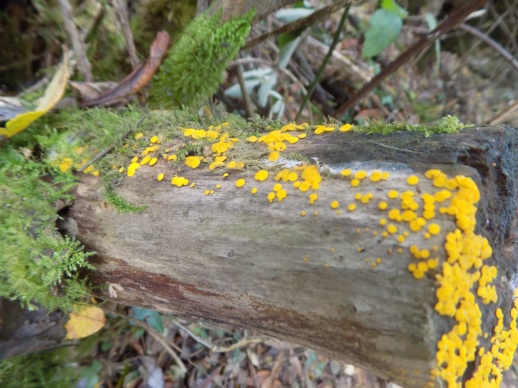
And here's another ridiculous fungus example with a fantastic name which reflects it's appearance: Dead Man's Fingers.
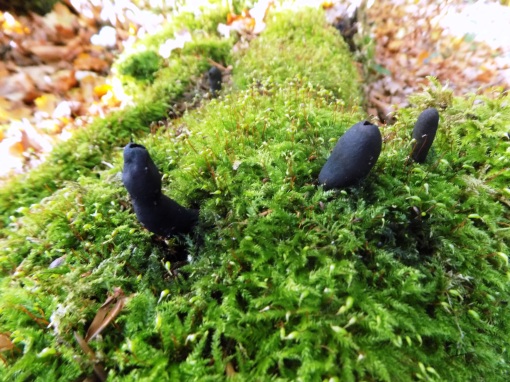
Fungi are everywhere and so important to our world yet hardly anyone even notices them, let alone know anything about them. I encourage you to look out for fungi and take a closer look next time you see one.

No comments:
Post a Comment